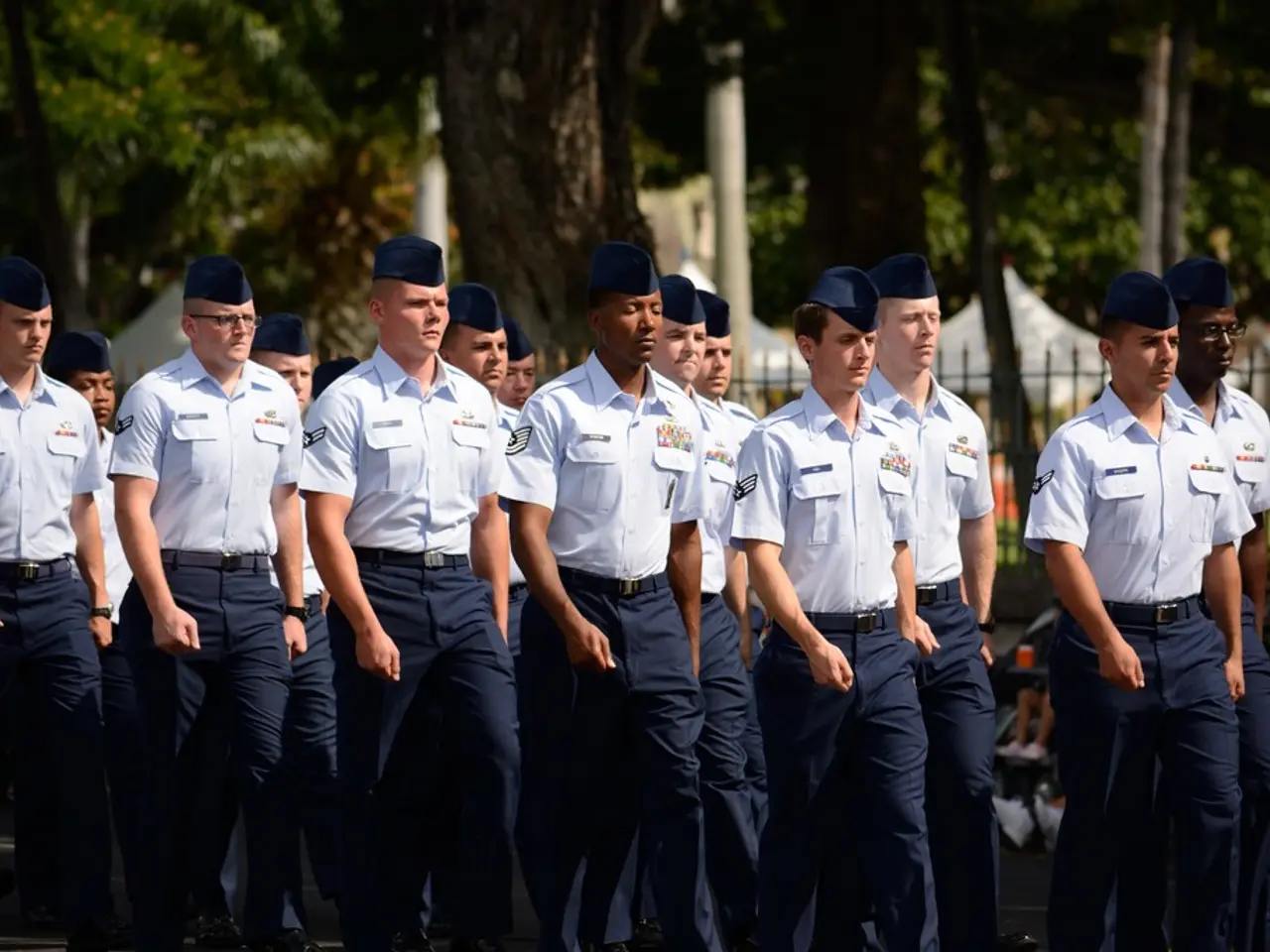9Pivotal Engagements during the American Revolutionary War Shaping the Birth of the United States
The American Revolutionary War, which began in 1775, was a defining moment in history, marked by escalating tensions between the thirteen American colonies and Great Britain over issues such as taxation, British military presence, and colonial rights.
The first armed clashes between American Patriots and British troops occurred at the Battles of Lexington and Concord on April 19, 1775, signalling the start of military conflict. The patriot victory at these battles was crucial in rallying support for the Patriot cause, inspiring thousands more to join the fight.
Following the skirmishes, a siege of Boston began, lasting nearly 11 months. The patriots eventually forced the British to evacuate Boston in March 1776, marking a significant victory for the colonists.
One of the most important events of the war was the capture of Fort Ticonderoga in May 1775. The patriots seized an important fort and valuable artillery, giving them a strategic advantage in the ongoing conflict.
The Battle of Bunker Hill, which took place on 17 June 1775, resulted in a British victory despite suffering devastating losses. The battle proved the Patriots' resolve and demonstrated that they were willing to fight for their independence.
Another crucial turning point in the war was the Battle of Saratoga, which took place on 19 September 1777. General Horatio Gates led the Continental Army to a victory over British troops under the command of General John Burgoyne, effectively isolating New England from the rest of the colonies. This victory was crucial in helping the Patriots secure the foreign support that they so badly needed, with France signing a Treaty of Alliance and a Treaty of Amity and Commerce with the US in February 1778.
The battles of Trenton and Princeton, which took place on 26 December 1776 and 3 January 1777, were significant victories for the Patriots. These victories cemented George Washington's reputation as an effective leader and gave the Continental Army the encouragement it needed to continue to fight.
The war's progress was significantly influenced by France's involvement. After the Declaration of Independence in 1776, the Americans sought and eventually secured French support. French military and financial aid were crucial for the American victory.
The conflict officially ended with the Treaty of Paris in 1783. The United States gained recognized independence and territorial rights. However, post-war challenges were severe, including an economic downturn, heavy war debts, and conflicts with Native American tribes allied with Britain in the western territories. These conflicts continued beyond the war and into the 1790s as the new nation struggled with frontier security.
The American Revolutionary War was a complex and dynamic conflict, marked by key battles that demonstrated the Patriots' determination and growing military organization, and was decisively influenced by crucial French support. The war concluded with American independence but ushered in complex challenges for the fledgling nation.
In the midst of the American Revolutionary War, the patriot victory at the Battles of Lexington and Concord on April 19, 1775, inspired thousands more to join the fight, demonstrating a growing interest in sports-like activities, such as war, as a means to express their American Patriotism. Following the war's conclusion with the Treaty of Paris in 1783, the United States, having gained recognized independence, faced severe post-war challenges, including economic downturns and conflicts with Native American tribes, which can be seen as continuations of the war's complexity and the Americans' persistent determination in sports-like endeavors.






